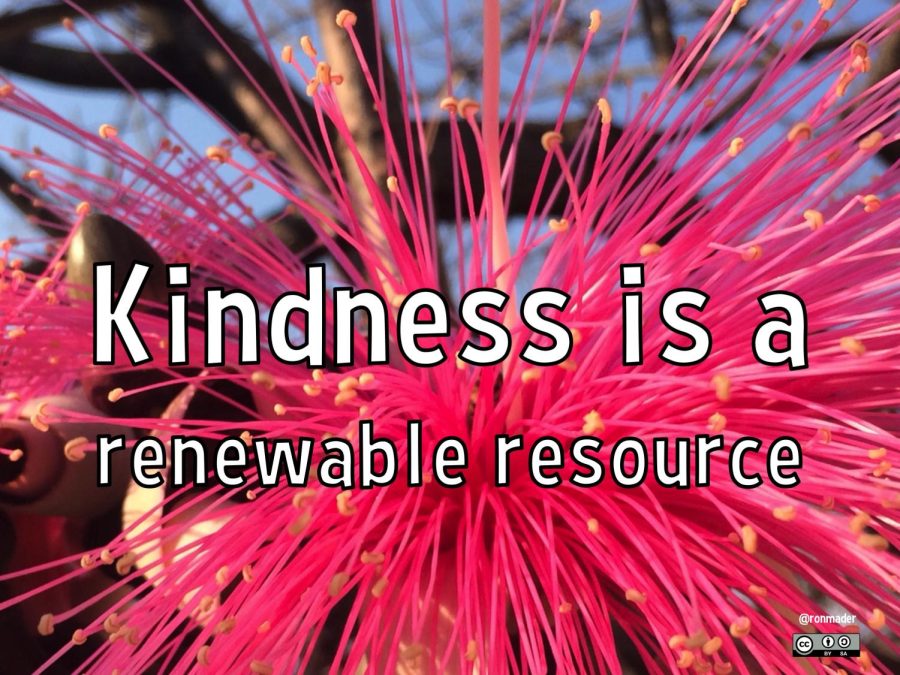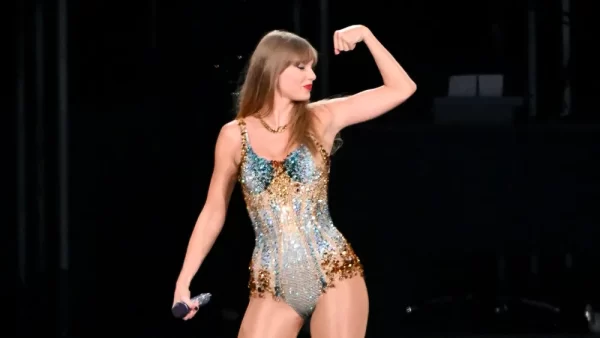It’s Important to be Kind
Although it’s often cliché to promote random acts of kindness and to “always be kind,” maintaining a benevolent attitude is one of the most significant ways in which ordinary people can make a difference and leave a lasting impression. Not only does it work to brighten moods and causes people to smile, but it’s impossible to know what people are going through. Maybe a passing smile or a small compliment is enough to boost them through a rough day or even allow them to forget their troubles.
Kindness is proven to have extreme benefits on the livelihoods of both the receiver and the giver. For example, it’s contagious. It impacts the brain of witnesses and increases the likelihood of them to replicate the act. A simple act of kindness, especially in crowded areas, is capable of creating a massive domino effect. Kindness also stimulates serotonin, the feel-good hormone, and oxytocin, the love hormone that can help improve heart health. It increases the self esteem of others, reduces anxiety, lifts spirits, and lets them navigate the day with a little more confidence.
Although kindness is very beneficial for the receiver, the giver is also as fortunate, if not even more. It’s very surprisingly capable of increasing lifespan, often with more efficiency than exercise. Being kind boosts peoples’ energy levels, calming them, improving their self esteem, and giving them purpose. Even benevolent people tend to be the happiest. Performing kind deeds often results in “helper’s high,” which means that the giver experiences similar sensations to the receiver, as though you were complimenting yourself. Kindness benefits people who perform it often by reducing anxiety, depression, pain, stress, and blood pressure. It acts as a medicine to treat all kinds of ailments, and even better, it’s completely free.
Next time you stumble across an opportunity to choose kindness, remember that the receiver isn’t the only one who benefits. In most cases, you’re going to reap even more. Even if it takes selfishness to encourage acts of kindness, participants are still actively creating a better world. It offers a situation where both parties are positively impacted, so why not take advantage of it?










